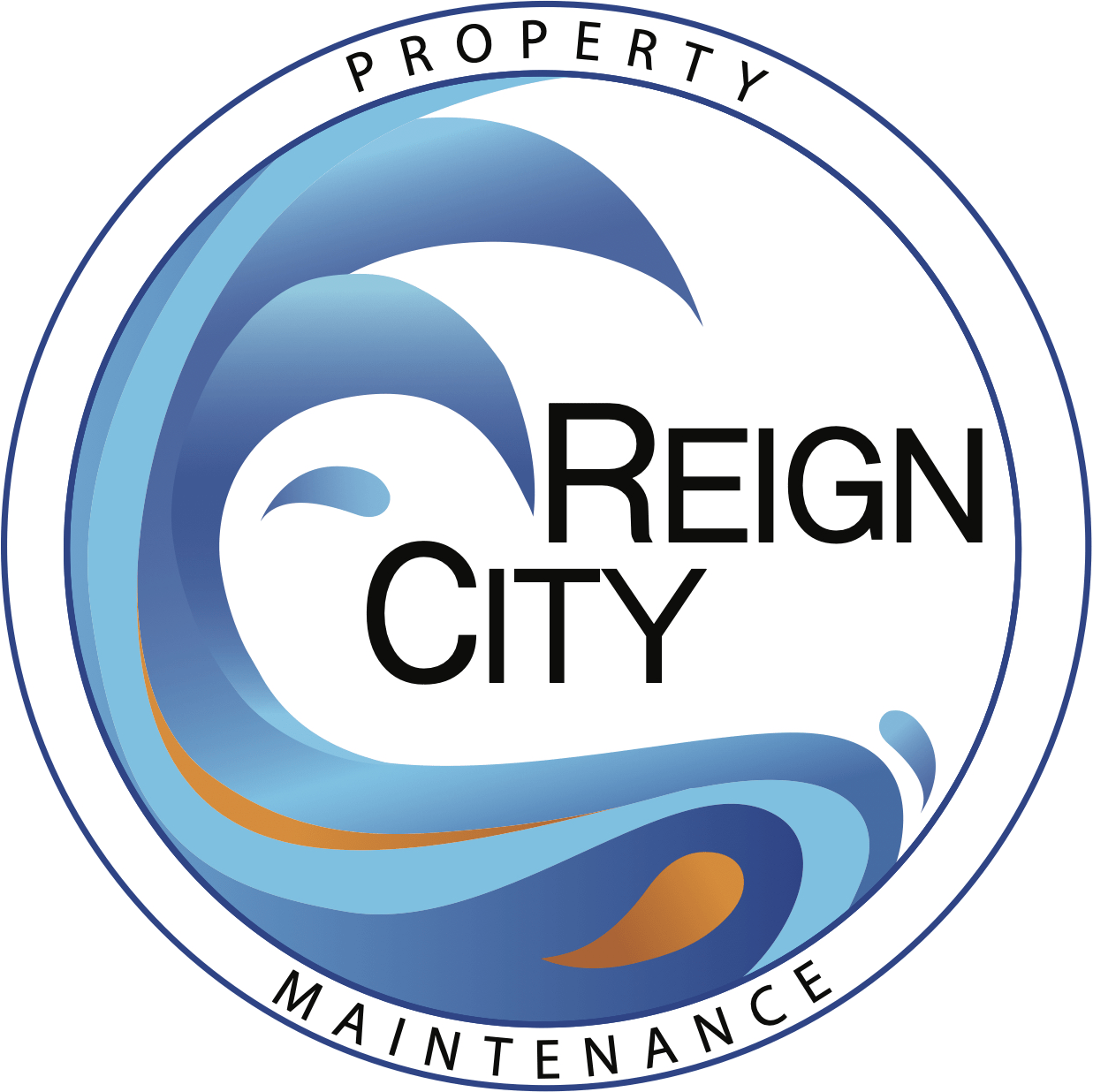Having clean windows not only makes your home look good, it also helps prevent dirt and debris build-up. Professional cleaning services can help extend the life of your windows by cleaning them regularly.
A reputable company will be licensed and insured to protect themselves and your property. They should be able to provide you with a free on-site estimate. Read on for some ideas.
Clean the Frame
It doesn’t do much good to clean your windows if the frames and sills around them are dirty. Residential window cleaners use a special frame cleaning solution to remove dirt from the wood and metal frames and sills. They also lubricate locks, hinges, and other moving parts to make them work smoothly. These lubricants can be bought in most hardware stores and come in a spray bottle that is easy to apply.
The frame cleaning solution is usually a water and detergent mix but can be a more intense mix for heavy grime or mold build-up. A concoction made with white vinegar, for example, is effective on wooden sills.
Window cleaning specialists use a variety of tools to perform the job including ladders, extension poles, and even a lift system for taller commercial buildings. They also use a wide range of cleaning products to keep the glass and frames looking their best.
Clean the Glass
If you’re like many homeowners, window cleaning is a chore you don’t look forward to. It takes time to move a ladder around, scrub a window pane, and wipe down the frame and sills. A professional uses cleaning solutions that leave windows cleaner for longer and without streaks or smudges.
A residential window cleaning expert cleans each glass pane with a sponge, mop, or rag soaked in soapy water. Then, they squeeze it dry with a lint-free cloth.
A good technique is to start with a clean strip on one side of the window. This makes it easier to clear horizontal strokes with the squeegee. Use a lint-free cloth, such as an old linen napkin or a cloth diaper, to wipe the squeegee blade periodically. This helps prevent drips that lead to streaks. Finally, Weingard recommends applying a clear polymer coating to the window glass that protects it against stains. This protectant lasts for six months or more, and you can reapply it after regular cleaning.
Clean the Track
One of the most important tasks for residential window cleaning specialists is to clean your windows’ track. Window tracks collect a lot of dust and dirt, causing your windows to become less functional and more difficult to open or close. Dirty window tracks can even damage your home’s weatherproofing and frames, resulting in costly repair bills.
Using your vacuum’s crevice tool, dislodge and remove loose debris from your window tracks. Then, lightly sprinkle the area with baking soda. Be careful not to add too much baking soda, as it can fizz violently when mixed with vinegar, making a mess to clean up.
Once the area is covered, spray it with vinegar. Let it sit for about five minutes, then scrub the area with a toothbrush. Finally, wipe down the track with a microfiber cloth. Make sure you get all the little corners and crevices of your window tracks, as well as any areas that may have a buildup of mold or mildew.
Clean the Screen
Whether they’re tucked in year-round or brought up for seasonal installs, your window screens are likely looking pretty grimy. These little barriers to bugs and other debris inhibit your home’s flow of fresh air and can obstruct your view.
A quick run-over with a vacuum cleaner with a soft brush attachment should loosen up the dust and pollen, then it’s time to pop them out for a thorough wash. Ideally, do this on a sunny day so your screens can be left out to dry completely.
Professional window cleaning companies use heavy-duty, industry-standard cleaning materials. They also know how to spot problems, like rotting sills, sashes that are painted shut, and misfitting windows. When these issues are addressed early, they can save homeowners money and headaches down the line. They’re also trained to notice other maintenance items, like deteriorating caulk and water damage. Lastly, they’re well-versed in ladder safety. They know how to navigate ladders in precarious positions without damaging the glass. Find out more!
